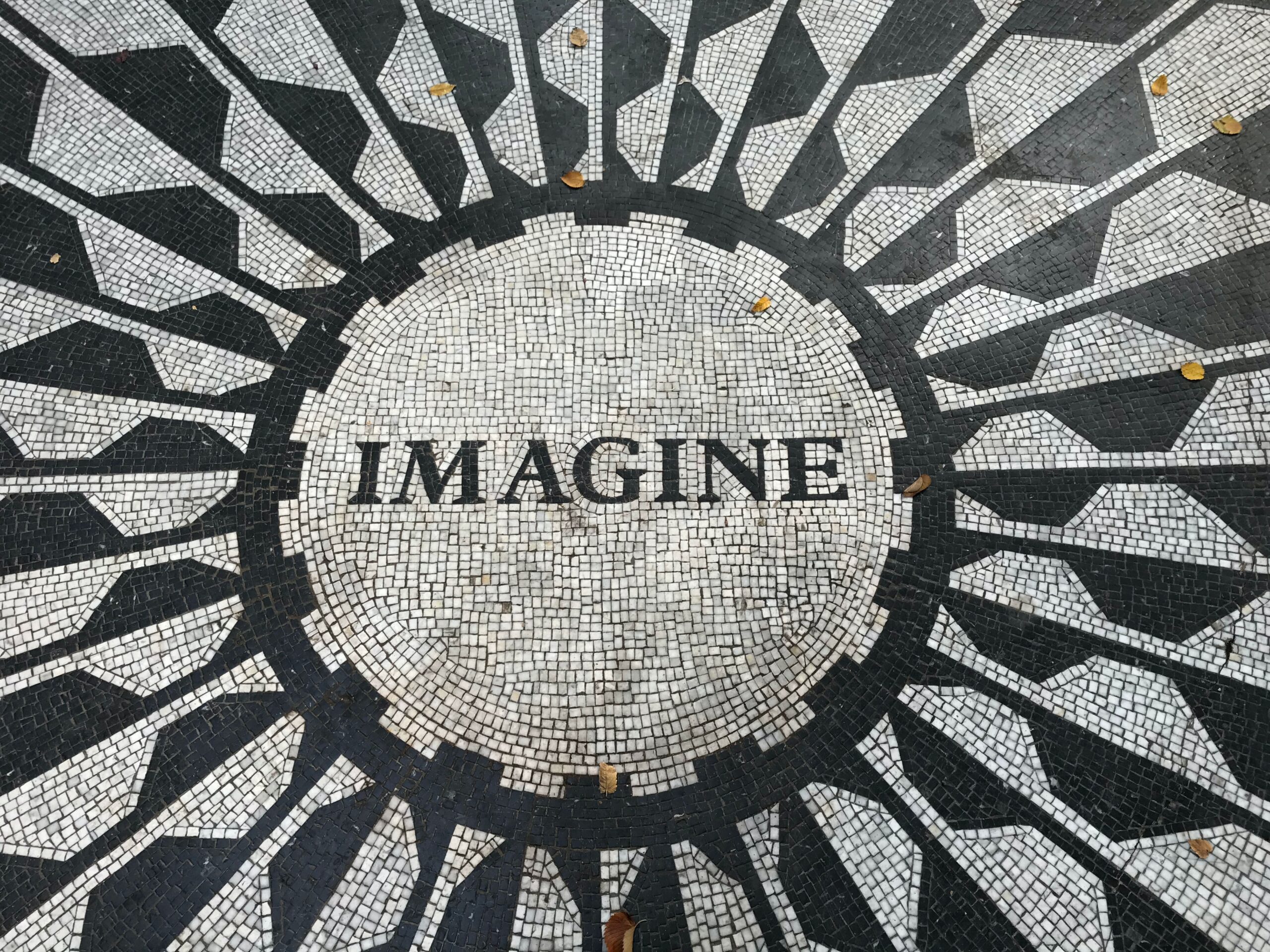This interview format aims to collect the point of view of international professionals to understand the value, the perspective and impact of Culture on the society.
The first interview is to Clémentine Daubeuf, Associate Director at KEA European Affairs, a Brussels-based policy design and consultancy center, specialist of culture and creative industries.
Clémentine Daubeuf is a Project Manager of European projects on culture, she follows the communication aspects and research, always relating with cultural related policies in Europe.
1. Which is the impact of culture and art on young people? Can creativity and artistic practice become a new engine for the education of the next social and business classes?
Cultural participation has been recognised as one of the main accelerators of the social change and of the construction of inclusive, resilient societies. The arts and culture have a manyfold impact on the economy and on society, including young people. Among other, participation in culture and the arts stimulate imagination, critical thinking, democratic citizenship, sense of belonging. Besides the arts and artistic competencies can be mobilized in education and life-long learning to acquire a number of so-called ‘soft skills’ which will be increasingly needed to navigate a complex, global, digital world. This is particularly topical against the backdrop of current socio-demographic and climate changes.
Education systems including STEAM (Science, Technology, Engineering, Arts and Maths) curricula are better positioned to prepare their students to future challenges.
2. Soft skills, creative and artistic competences, how can these improve and enhance the world of institutions and business?
Being able to adapt to an uncertain future, cooperating with people from different backgrounds, solving problems collaboratively and generating innovative solutions to new challenges is what today’s students and workers in any sector will be required to do. Among the future transferable skills of employment, ‘creativity’ is reportedly the most significant predictor for an occupation’s chance of growing, as a percentage of the workforce by 2030.
3. Do you know examples of artistic interventions that have generated a sustainable social and cultural impact? And names of innovative realities that support companies to collaborate with artists?
I would like to share some examples of artistic interventions in Europe such as Connexiones Improbables in Spain and Tillt in Sweden which have an impact on their community in terms of value and impact making the artists at the centre of the artistic process to generate a change in the mindset and the society.
4. How do you interpret the UNESCO statement published in the dossier “Culture|2030 Indicators” THE ONLY POSSIBLE DEVELOPMENT IS CULTURAL?
Culture should be at the centre of any policy – economic, innovation, education, urban development in order to build a fair, resilient, inclusive society.
We really thank Clementine for the time dedicated and her passion.
Autore: Germana Girelli




